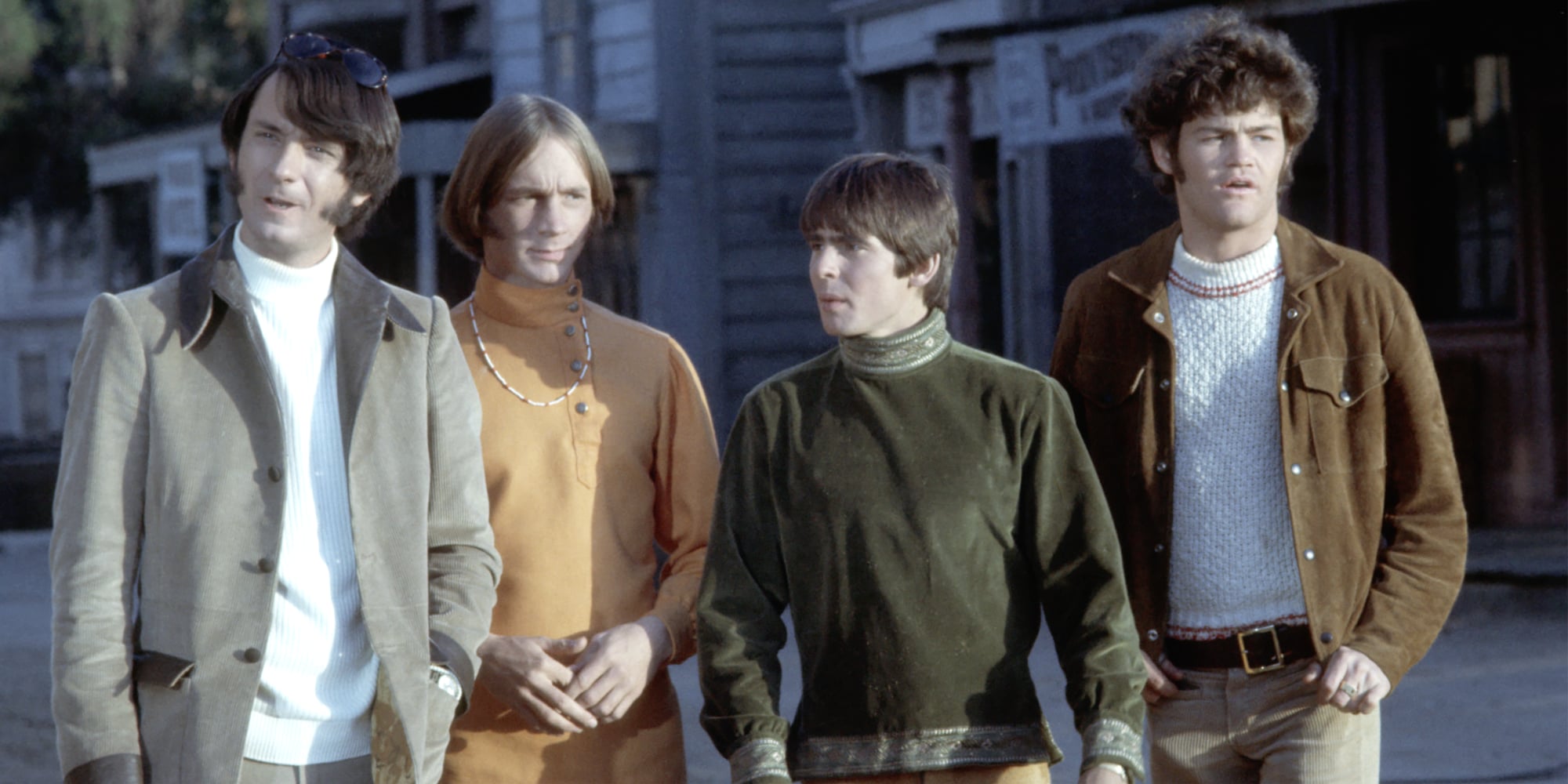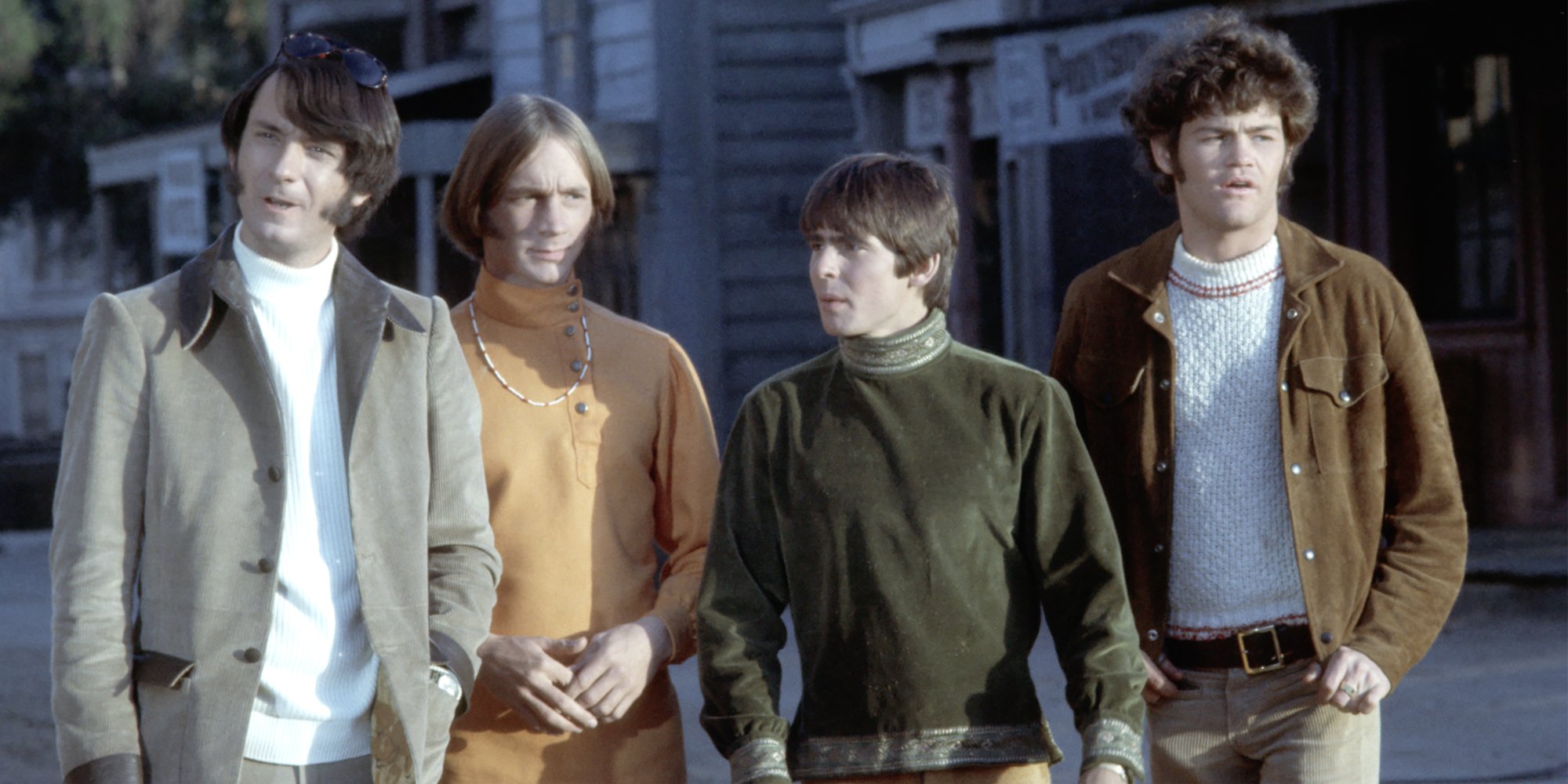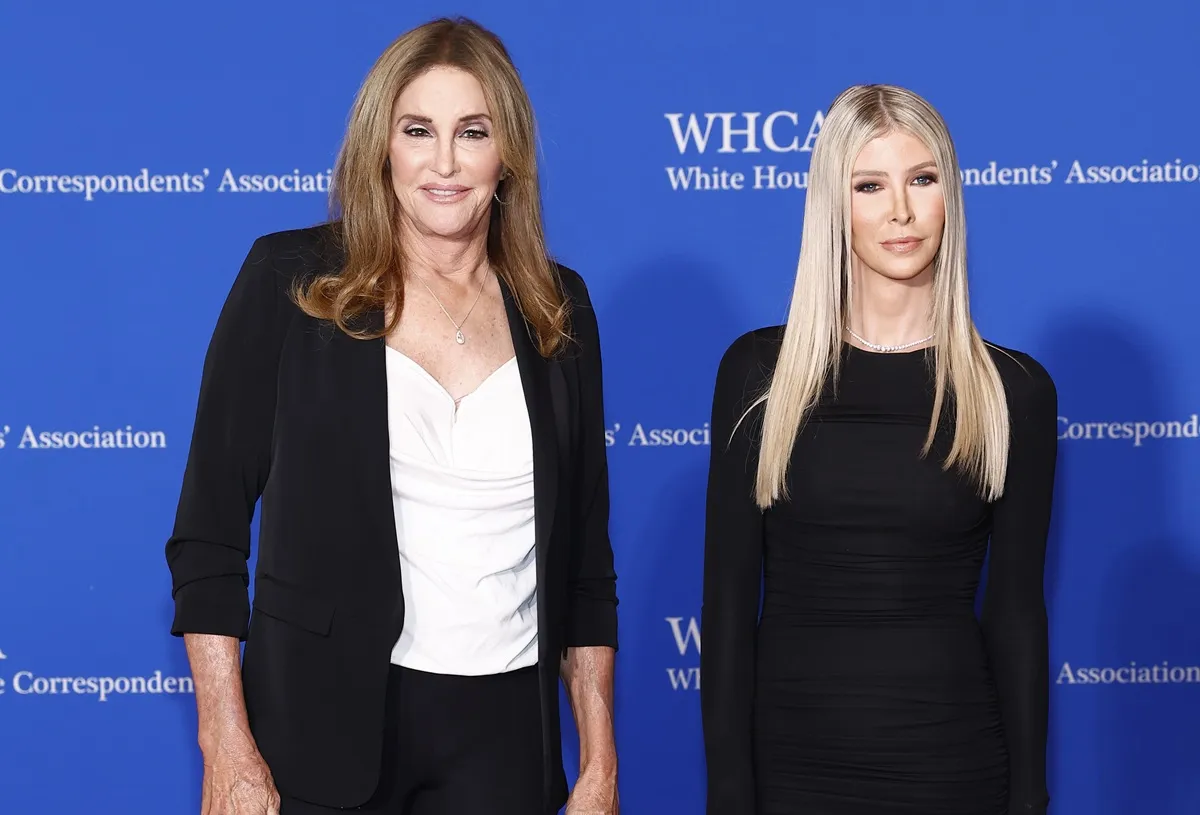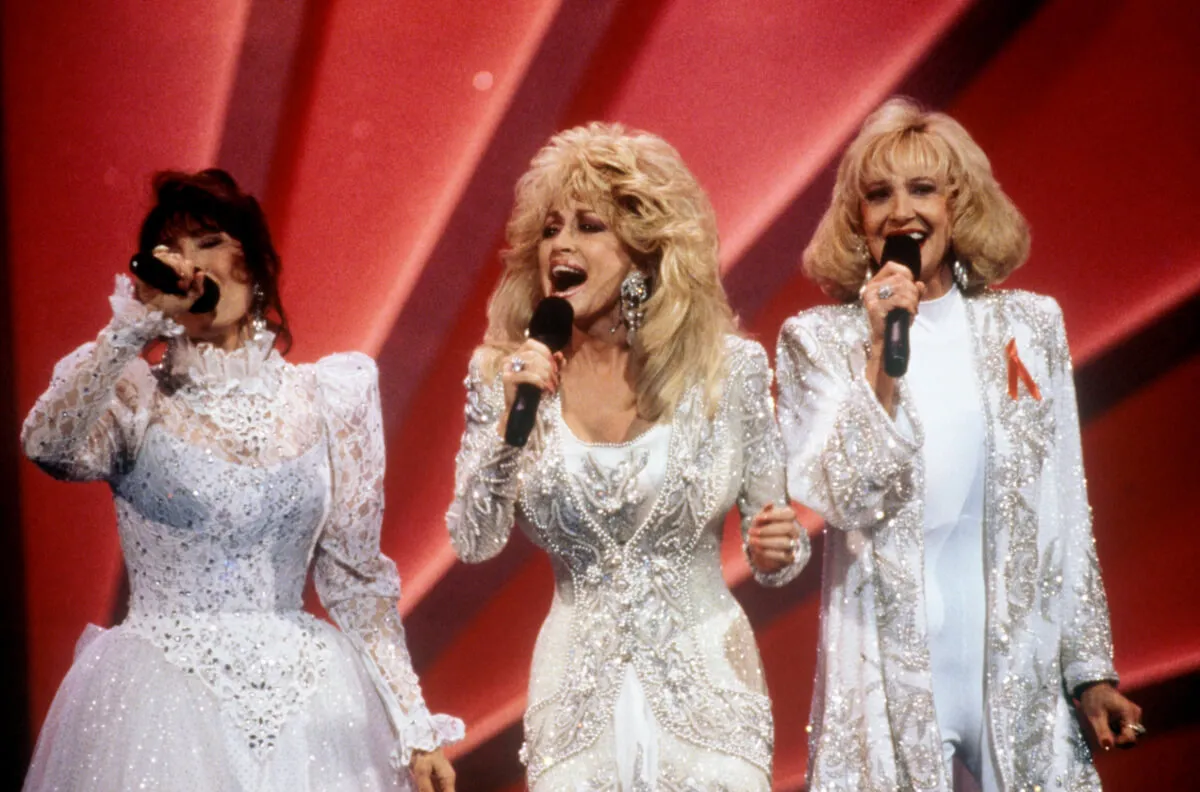
The Monkees: Micky Dolenz ‘Hasn’t Processed’ the Death of His Three Bandmates in One Decade
Micky Dolenz is the last surviving member of The Monkees. The show’s success vaulted the actor-musicians into the heights of popularity as one of the most successful bands of the 1960s. Over the past decade, three of his bandmates have died: Davy Jones in 2012, Peter Tork in 2019, and Mike Nesmith in 2021. However, Dolenz still “hasn’t processed” the passing of his close friends.

‘The Monkees’ ran for two seasons on NBC
When The Monkees made its debut on NBC in 1966, no one would have guessed the cultural impact the show would have. Flash forward two years later to 1968. The Monkees became a phenomenon and made stars of actors Micky Dolenz, Mike Nesmith, Peter Tork, and Davy Jones.
The Monkees told the story of four young musicians who lived together in a California beach house. The series had a light touch. The series took a lot of its comedy from the legendary Marx Brothers. This slant lent a nostalgic air to the series that parents of the series’ teenage viewers would recall.
“Before they even began casting for the show,” Micky Dolenz said in a statement published by Something Else Reviews, “the producers had in their heads what they wanted. The show took its style from The Marx Brothers more than The Beatles. In the pilot, they had one Jerry Lewis-type wacky guy, one serious guy with dry, Will Rogers sort of humor, etc.”
Micky Dolenz ‘hasn’t processed’ the passing of ‘The Monkees’ stars Davy Jones, Peter Tork, and Mike Nesmith
Let's travel Down Under for today's edition of our #VirtualConcertSeries! 🇦🇺
— The Monkees (@TheMonkees) June 26, 2022
Here are @TheMickyDolenz1 & Nez performing the gorgeous "Me & Magdalena" from the 'Good Times!' album at the Sydney Opera House on June 18, 2019.🎶
(via @rogerdilernia / YouTube) pic.twitter.com/GHcjThuKER
In an interview with The Mirror, Dolenz has been trying harder than ever to enjoy his life and remain in good health.
Dolenz, 77, shared his feelings regarding aging with the publication.
“If I’d known I was going to live this long, I’d have taken better care of myself,” he explained.
“Even before losing Davy, Peter, and Nes, I started thinking about my mortality and taking better care of myself,” the music legend shared.
“I pay much more attention to my health, exercise, and eating and drinking habits. I exercise and do yoga every day,” he continued.
Dolenz says that he now lives more at the moment than ever before.
“Carpe diem. I am living in the moment, trying to make the most of every one. I have cut back on my work. I’m much more selective about the offers I get,” Dolenz explained.
However, he is still reeling from losing some of his best friends in just ten years.
“Well, I don’t think I’ve processed it yet because I lost all three of my partners in a relatively short period,” Dolenz explained.
“In the case of Davy, that was a huge surprise. We all thought he was in good shape, and he was the youngest of us. Peter we knew had serious health issues, so we saw that coming,” Dolenz claimed.
“Nes also had health issues, but he seemed to be getting better. Maybe I’m still going through a denial stage. Sometimes you think, ‘Oh, I gotta give that person a call,’ then you realize they’re not there anymore. It’s very strange,” Dolenz concluded.
‘The Monkees’ broke television barriers said Micky Dolenz
The television series was the first to use the word “hell” on television, even though network censors bleeped it out in the final edit.
Dolenz discussed the incident in his book I’m a Believer: My Life of Monkees, Music, and Madness.
“Having to do with the Devil, of course, there was the occasional mention of the word ‘hell,’ Dolenz said of the season 2 episode.
“The network refused even to let us mention the word! The producers went to bat on this one, and we managed to make a joke of it on the show. That should give you some idea of the national sociopolitical atmosphere that prevailed at the time.” Dolenz admitted in the book.
The series was also the first to feature four young “hippie” men as its stars.
The Monkees was one of the first family sitcoms lacking a father figure. Still, the characters used their real names and what appeared to be as close to their real personalities as permissible on television.


